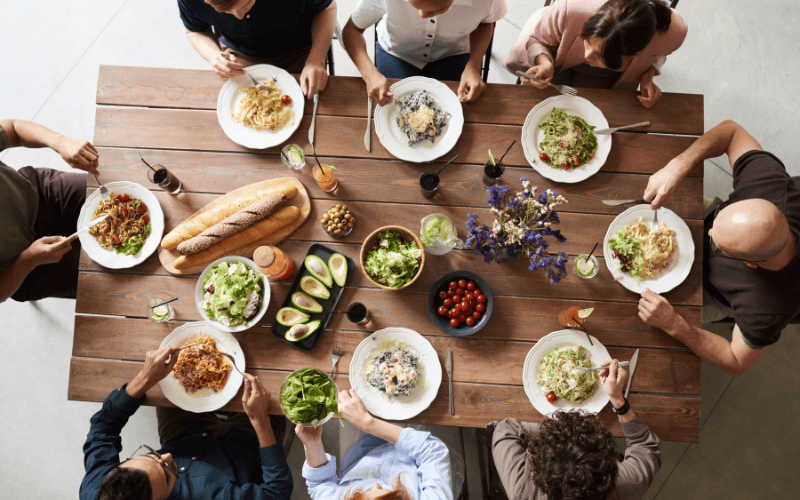Creating healthy habits and learning how to deal with shame around food
Eating is not just physiological. There is a huge emotional aspect of eating.
Eating may bring you joy, may provide you with feelings of relaxation and contentment, or perhaps bring back memories. Eating can also be very social. Outside of eating for energy and nourishment, there are many other positive aspects that come with eating.
At the same time, there can be negative emotions such as guilt and shame associated with food. Shame is an unpleasant self-conscious emotion often associated with negative self-talk. Guilt is a sense of regret and distress about your potential responsibility for negative beliefs.
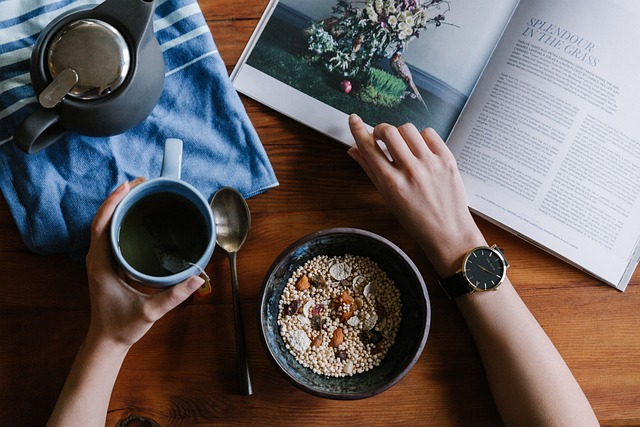
Understanding Guilt and Shame Around Eating
Both guilt and shame can hamper a healthy relationship with food. Both have been associated with a greater risk of eating disorders, specifically binge eating. Often times we hear people say that they had a ‘cheat meal’ or their ‘guilty pleasure’ food item is XX. Using these connotations reinforces that there are ‘good and bad’ foods, which is not necessarily true.
Yes, some foods are more nutritionally dense and others are ’empty calories’ so to say and not nutritionally dense, however, that isn’t to say it is a ‘bad’ food. Food is consumed for both physiological and emotional reasons. Sometimes we just need some ‘soul foods’, and that is OK.
As long as we are consuming all important nutrients, for the most part, have a healthy eating pattern and consume healthy meals and healthy snacks, then there is nothing inherently wrong with once in a while enjoying a treat.
Food is much more than Nourishment
Foods that feed our soul so to say can be one way to cope with something that you are dealing with. Of course for your own mental health, it’s important to have no food-related coping strategies, but that isn’t to say enjoying an ice cream cone when you’re having a tough day is bad or makes you a bad person.
If anything, we don’t want to over consume and turn that ice cream cone into consuming a whole pint of ice cream, or consuming ice cream and then feeling the urge to purge afterwards and potentially acting on that urge.
Food guilt and shame can be a dangerous slope which can result in many different types of eating disorders like anorexia, bulimia, binge eating and overexercising.
Athlete’s Kitchen or other food prep companies can be a solution for enjoying food without guilt, as they are often pre-portioned.
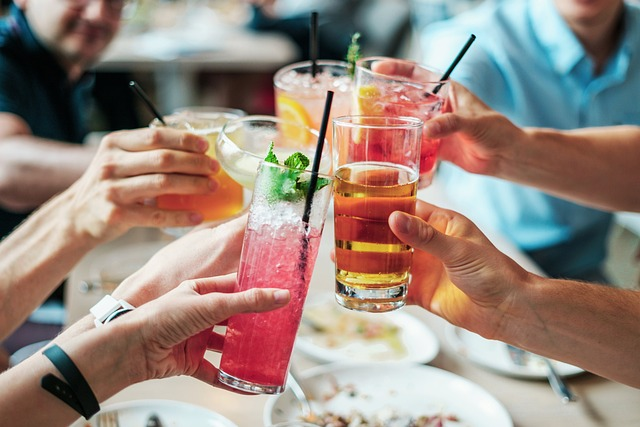
Binge Purge Restrict Cycle
Food-related guilt and shame is essentially the feeling of regret after eating or the feeling of purposefully restricting food. Both can be very toxic and harmful to your physical and emotional well-being.
Purposefully restricting food can create a lot of tension in the body and over time can cause nutritional deficiencies and could develop into an eating disorder. Furthermore, restricting typically never lasts, as it is not sustainable. The body will eventually crave food and physiology will beat the mind.
This extreme hunger can cause a binge, which is physiologically a natural response, as the body cares about survival. However, with this binge, comes immense guilt and shame since you overate and then the restriction urges and actions resume. It is a vicious cycle until it’s not.
Sustainability Over Quick Fixes
A few common causes of guilt and shame after eating are that you see food as ‘good and bad’, your eating schedule is very chaotic and irregular, you are bingeing and or restricting throughout the day, you are unhappy with your weight and appearance, you are sedentary, perhaps feel lethargic and overall feel unhealthy.
The truth is, that part of a healthy diet is consuming the occasional soul foods, without shame or guilt. A balanced diet is a sustainable diet. A diet that does not have foods that are off-limits (unless there is an allergy) is a diet that provides nourishment as well as comfort and pleasure.
It’s not about eliminating a certain food, but rather being mindful of how much we are consuming said food, how often and our intentions why.
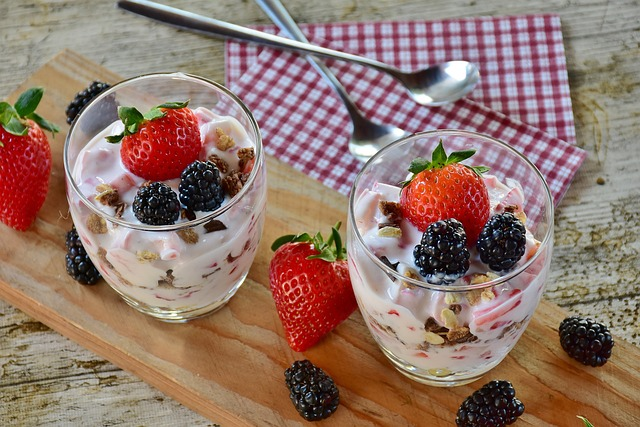
The Role of Mindful Eating
Mindful eating focuses on both your physiological sensations such as fullness or hunger in addition to your emotional and mental thoughts and feelings around food. Some researchers describe a mindful eating model that is guided by four aspects: what to eat, why we eat what we eat, how much to eat and how to eat.
Mindful eating will consider not only the food quality and quantity but also how the food looks, tastes, and smells. This engages all your senses, which can help you eat slower, savour each bite and honour the food you are consuming.
It’s helpful to before you start a meal take a few deep belly breaths, look at the food, smell the food and tune into how you are feeling. Throughout your meal between bites try to place your spoon or fork down, chew your food and then take another bite. If you need to, during the meal take a few more deep belly breaths and tune into how you are feeling.
If you are having a hard time knowing how much to eat, be that if you tend to overeat or under eat, getting a few preportioned meals can help you get kickstarted with portion control and mindful eating. At Athlete’s Kitchen, we have different serving sizes so that we can meet as many needs as possible, in addition to many different menu options.

Key Takeaways
When trying to address any guilt or shame we want to focus on long-term sustainable changes instead of opting for restrictive diets. As mentioned throughout this blog we don’t want to label food as ‘good or bad’, we don’t want to restrict food, and we also want to ensure we are eating enough.
Incorporating some mindful eating practices such as breathing, using your senses and chewing slowly. Journalling your thoughts and feelings and reflecting on your actions. Brainstorming what to do differently next time in a similar scenario.
Working with a professional, be that a nutritionist like Diane with Athlete’s Kitchen or a therapist to talk through some more individualized approaches can be helpful. Investing in a meal prep service such as Athlete’s Kitchen which offers various meal plans that suit diverse nutritional needs and lifestyle goals.
Ensure you are also getting enough physical activity and sleep in your week as we know that movement and sleep play a critical role in our nutrition choices.
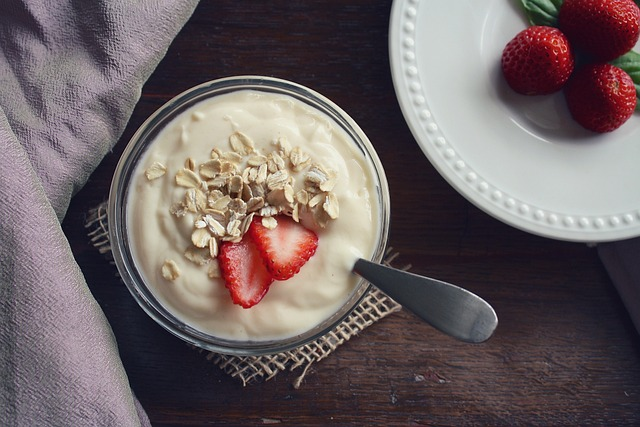
Guilt Free Healthy Snack Recipes
It’s always best to focus on building and consuming healthy balanced meals that make you feel satisfied, however, if hunger strikes snacking between your next meal sometimes is necessary and OK. Think of healthy snacks as mini meals. When building a great snack, we want to ensure we are hitting our macros and micros, think protein, carbs (whole grains, fruit), healthy fats and fibre (whole grains, vegetables).
A few healthy snack foods can be:
- whole grain crackers with sliced turkey breast & cream cheese
- Oatmeal bar with dried fruits & nuts
- Greek yogurt with berries & dark chocolate
- protein smoothie with banana & almond butter
- sourdough bread, tuna, olive oil & tomato
- roasted chickpeas
- air-popped popcorn
- Sweet potato toast with hummus & feta cheese

Next Steps
Athletes’ Ktichencan help reduce shame and guilt, by ordering pre-portioned nutritious, delicious and satisfying meals. Athlete’s Kitchen proudly uses healthy local food, is clean of preservatives and has a low impact on the environment. You can enjoy these meals knowing you’re helping your body and fuelling it with clean (and delicious) eats. Break free from the cycle of guilt and shame by choosing Athlete’s Kitchen’s balanced and enjoyable meal options.
You can get started by ordering here, or if you are looking for some more guidance our Nutritionist Diane would be happy to speak with you more about your goals and how her services can help you not only achieve your progress but rather maintain your results. Her approach is driven by building a sustainable lifestyle that incorporates all types of foods, without restriction. Her personal struggles with an eating disorder, anorexia, over-exercising, and guilt and shame around food, her body image and workouts enable her to be empathetic while also focusing on the big rocks to ensure you are making progress without being overwhelmed. You can book a call to learn more about Diane and her approach here.
Helpful Blogs
Unraveling the influences on our eating behaviors
Understanding the 3 types of hunger
